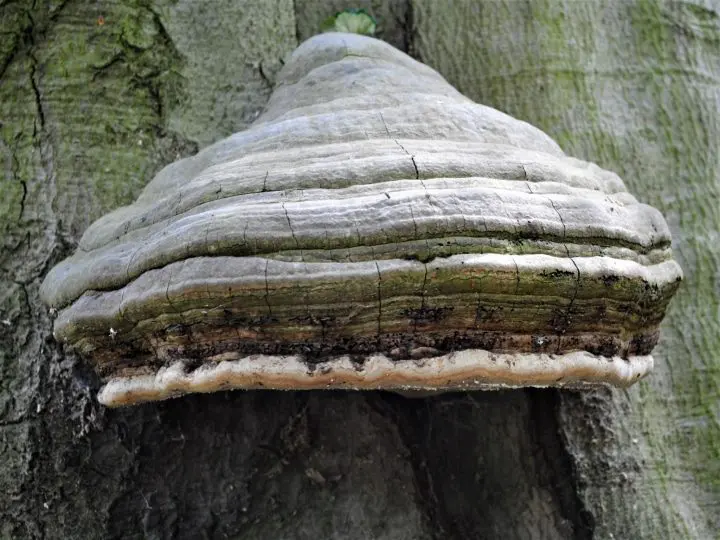In the search for fascinating alternatives to plastic, researchers in Finland may have just found a winner – and it’s already growing on the bark of trees.
The substance in question is a type of fungus known as Fomes fomentarius. It grows on the rotting bark of trees and in the past was mainly used as a fire starter, giving it the nickname “powder mushroom” (also called “hoof fungus” because its shape resembles a hoof), a large perennial polypore mushroom.
However, a research team from Finland’s VTT Technical Research Center believes it could be much more than that, writes The Cool Down.
“The fruiting bodies of Fomes fomentarius are ingeniously lightweight biological constructs, simple in composition but effective in their purpose. “Growing the material using simple ingredients is an alternative solution to overcome the cost, time, mass production and sustainability of the way we produce and consume materials in the future,” says the team’s research, recently published in Science Advances.
In short, instead of mass-producing plastic at a huge cost to our planet, in the future we could simply grow a sponge with similar structural integrity to plastic.
Fomes fomentarius “has a very dense and hard protective outer layer, it has a softer porous middle layer and a strong and tough inner layer,” according to Dr. Pejman Mohammadi, one of the study’s co-authors. This means that the use of the sponge can be incredibly diverse.
Mohammadi tells CNN that potential applications for Fomes fomentarius could include things ranging from shock-absorbing materials, heat and sound insulation, and even parts for consumer products.
The fungus takes seven to 10 years to grow to significant size in the wild, but the researchers believe that in the lab they could produce a lot of it within a few weeks.
“With advances in industrial biotechnology, we predict the production of tons of mushrooms in a matter of weeks, as opposed to wild-type mushrooms that take years to grow,” says Mohammadi.
Photo: Pixabay






